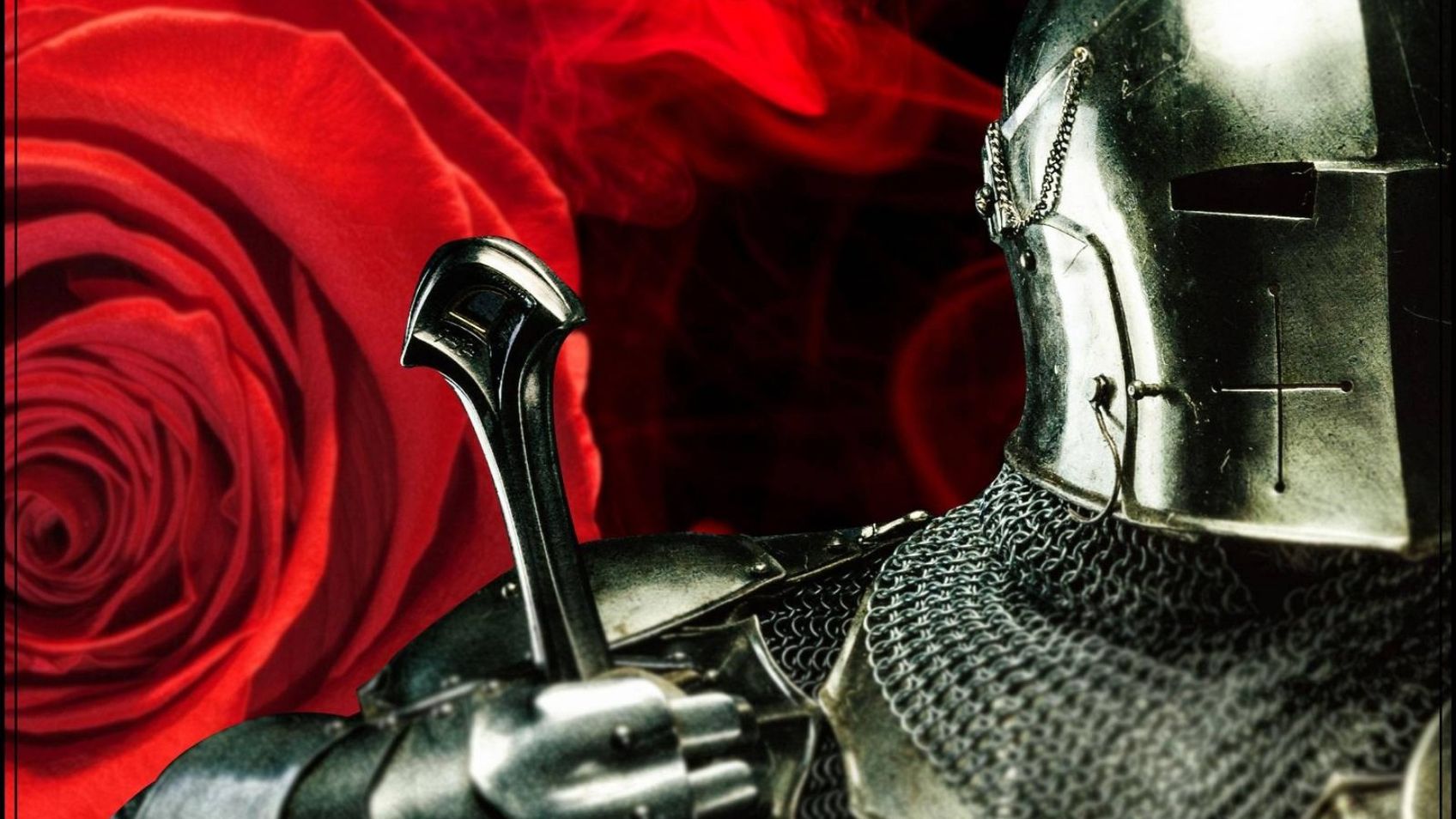Classical Movie Wisdom: Great Art for Christians

Wintery Knight and Desert Rose discuss classical movies that offer wisdom for practical Christian living. The first movie is a war movie that offers insight to Christians about our motivation for serving the Lord at a time when serving is no longer easy or popular. The second movie is a classical romance movie, which offers a superb portrait of classical masculinity in action. The third movie is an adventure / romance movie that challenges us to put our duty to higher causes above our own suffering and disappointment.
Please subscribe, like, comment, and share.
Show notes: https://winteryknight.com/2022/07/03/knight-and-rose-show-episode-12-classical-movie-wisdom
Subscribe to the audio podcast here: https://knightandrose.podbean.com/
Audio RSS feed: https://feed.podbean.com/knightandrose/feed.xml
YouTube: https://www.youtube.com/@knightandroseshow
Rumble: https://rumble.com/c/knightandroseshow
Odysee: https://odysee.com/@KnightAndRoseShow
Music attribution: Strength Of The Titans by Kevin MacLeod Link: https://incompetech.filmmusic.io/song/5744-strength-of-the-titans License: https://filmmusic.io/standard-license
More From Knight & Rose Show






More on OpenTheo















